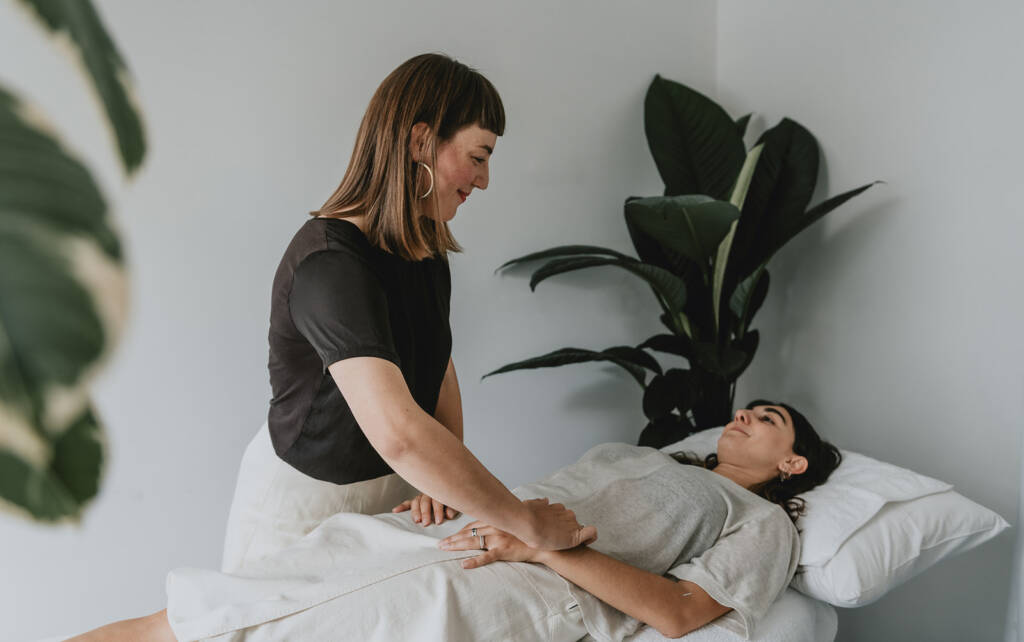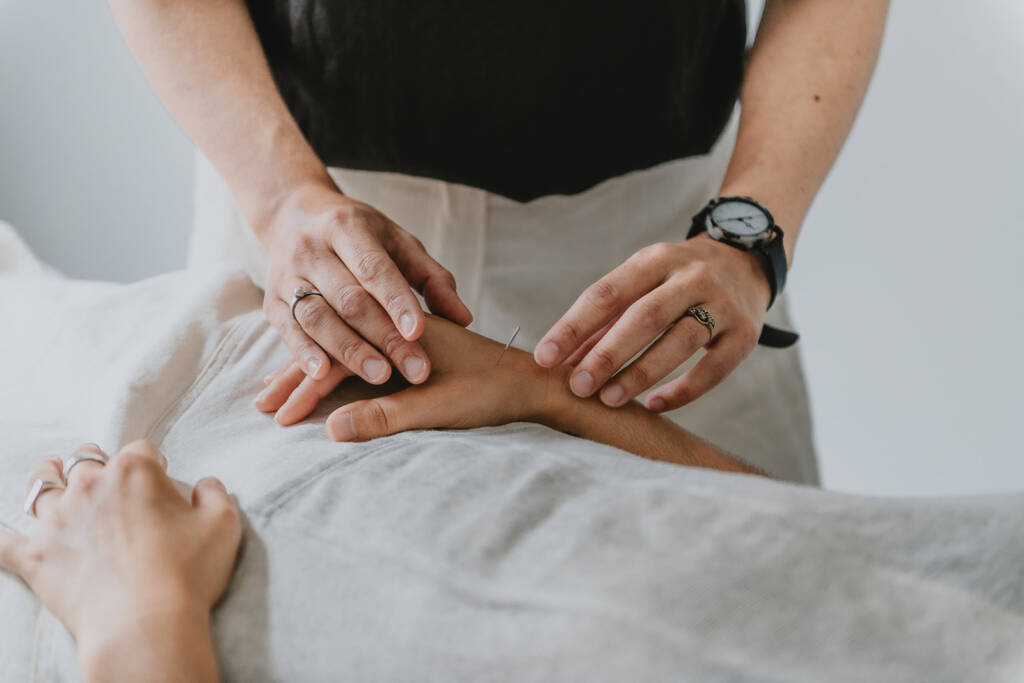Writing by Naomi Jankowski // photographs by Nicky Cawood
Vaginismus is when the muscles in the vagina tighten and contract, making any type of penetration painful or impossible. Haven’t heard much about it? Neither had I until I started working as an acupuncturist with the gynaecologists at Elgin House Women’s Health four years ago. Then I started seeing women of all ages present with the condition. It’s painful. It often goes misdiagnosed. It has very little, if any, media presence. And it’s incredibly debilitating. So why haven’t we heard about it? And what do treatment options look like?
A report done in 2007 found that about 20% of women report finding sex painful, compared to only 2% of men. This seems wild to me! 1 in 5 women, means too many women find sex painful. Not all of these women have vaginismus, as painful intercourse can have many causes, but as women we should be finding comfort in our networks, and feeling open to talk about our own experiences. What holds us back is the idea that sex should only ever be fun and risky and… sexy. The women I speak to also feel some kind of shame, like it’s their fault that their body is ‘broken’. Far too many of these women feel the need to ‘push through’ and have sex with their partners even though the pain is unbearable.
So what do treatment options look like? Most women who I speak to us say that they usually end up seeing multiple doctors before they receive a diagnosis of vaginismus. And once they finally do, they’ll often go through a few more doctors before they find anyone who has some options that might work for them. There is no known cause for vaginismus though there is a psychological link for some women, especially those who have gone through a sexual trauma. Others feel there is no psychological reason, and their pain is purely physical.
If your GP or gynecologist has done their homework, here are some things they might suggest for you:
Pelvic floor physio and vaginal dilators:
This is a specialized physio who will help you understand which muscles in your pelvic floor are tightening, and give you exercises to help soften those. Most pelvic physios also suggest vaginal dilators, which are a series of different sized internal dilators that you practice with at home. It’s a bit like homework to retrain your vaginal muscle to soften, rather than tense up. I always refer to a pelvic physio and find it incredibly helpful for many women. But it’s also not for everyone, as it can feel like hard work.
Sexology:
Sexologists are a great option for women who feel that their vaginismus has a psychological background. They work with you as a specialized therapist to discuss the possible reasons for your vaginismus and give tools to overcome it.
Acupuncture:
Acupuncture for vaginismus? Yep. But it’s completely non-invasive – you don’t need to remove any clothing, because no needles go anywhere near the pelvis. Instead we’re using points on the arms and legs that benefit blood flow to the vaginal muscles, and also calm the nervous system. Sounds strange, right, but four years into my work at Elgin House, focusing on pelvic pain patients specifically, I haven’t looked back. What we offer with acupuncture is a non-invasive way to ease the brain’s response of constantly sending messages to your pelvic floor to tighten certain muscles. Again, while it may not be for everyone, it certainly has its place and I’m thrilled to offer an alternative that can make a big difference for some women.
Other things I’m excited about – changing our attitudes towards vaginismus and helping women feel heard, safe and acknowledged.
The most important thing for us to consider when working with vaginismus is that every woman’s body is different and each presentation is unique. There is no known cause, and there isn’t a one-size-fits-all solution. Let’s empower women with knowledge and options. Breaking down the notion that sex needs to involve penetration is also key here. Women should feel empowered to enjoy their sexuality in all its forms, and never feel pushed to explore something that isn’t comfortable for them.








